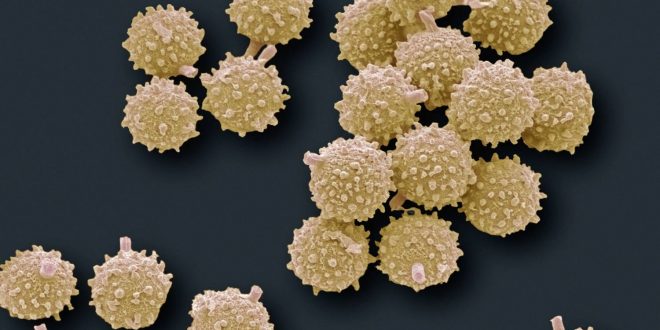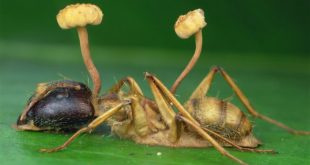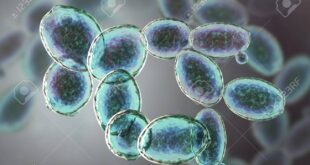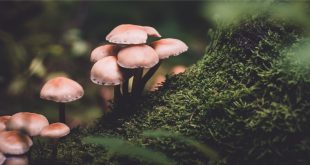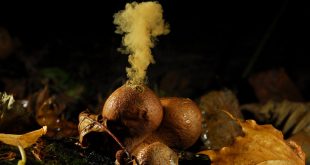Over-wintering and/or over-summering of pathogen
Over-seasoning is an evolutionary developed technique followed by many pathogens to survive the adverse period of their life cycle. It has been developed in the pathogens so that they can complete their life cycle and can spread their infections in the next year. The pathogens may survive this harsh period either as spores, sclerotia like hard over-seasoning structures or as a whole.

Pathogens may infect both perennial and annual plants. The mechanisms for over-seasoning for pathogens actually differ in these two types of plants.
Annual plants die at the end of the year and then the pathogens of the annual plants become hostless. In the hot humid climate, the annual plants die in the summer and over-summering of pathogens occurs. On the other hand, in the areas with harsh winter, the plants die at cold and over-wintering of pathogens takes place.
- The fungal pathogens usually survive this period by remaining as mycelia or spores in the fallen debris or as sclerotia (a specialised hard mycelial structure).
- The resting spores and sclerotia may survive even in the soil without debris as they are hard structures programmed to survive such conditions by accumulating foods inside them.
Perennial plants though live for many years may cause in the death of certain parts (such as stems, leaves, buds, flowers, fruits etc.) at the end of the year. The death of whole plant or part of it is usually occured during the hot, dry climate of summer or cold condition of winter.
- Pathogens here may survive in the tissues of living plants in the over-seasoning period.
- They may also live in the debris formed by the death of certain parts of perennial plants.
- The deciduous trees shade their leaves and fruits in winter. Fungi affecting these portions usually overwinter as mycelium or spore on fallen leaves or fruits or on the bud scales.
Some pathogens may be of saprophytic nature which allows them to survive indefinitely in the soil. And attack the host when the season is over.
Best safe and secure cloud storage with password protection
Get Envato Elements, Prime Video, Hotstar and Netflix For Free
Best Money Earning Website 100$ Day
#1 Top ranking article submission website
Over-seasoning of some other pathogens:
- Bacteria over-season as bacteria in essentially the same ways as in fungi. Bacteria survive poorly when present in small numbers and free in the soil but survive well when masses of them are embedded in the hardened, slimy polysaccharides that usually surround them.
- Viruses, viroids, mollicutes, fastidious bacteria and protozoa survive only in living plant tissues.
- Nematodes usually over-winter or over-summer as eggs in the in the soil and as eggs or nematodes in plant roots or in plant debris.
Best safe and secure cloud storage with password protection
Get Envato Elements, Prime Video, Hotstar and Netflix For Free
 Plantlet The Blogging Platform of Department of Botany, University of Dhaka
Plantlet The Blogging Platform of Department of Botany, University of Dhaka
